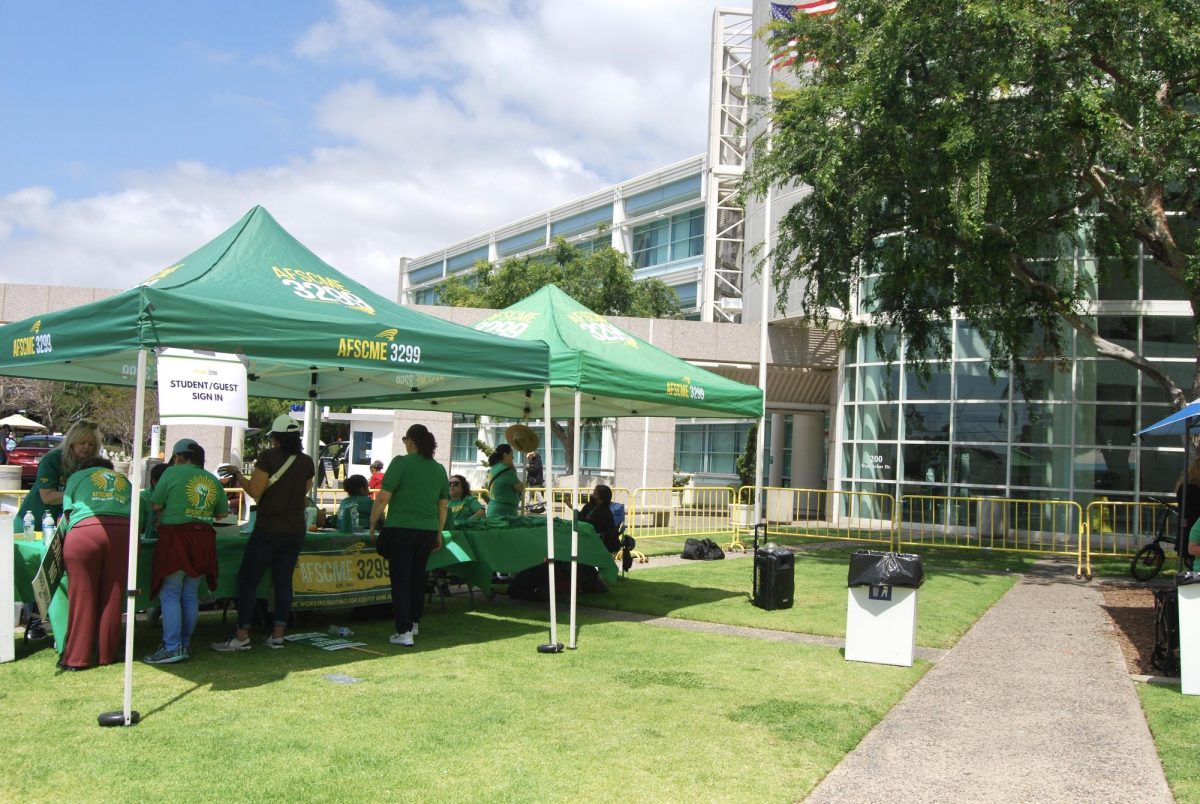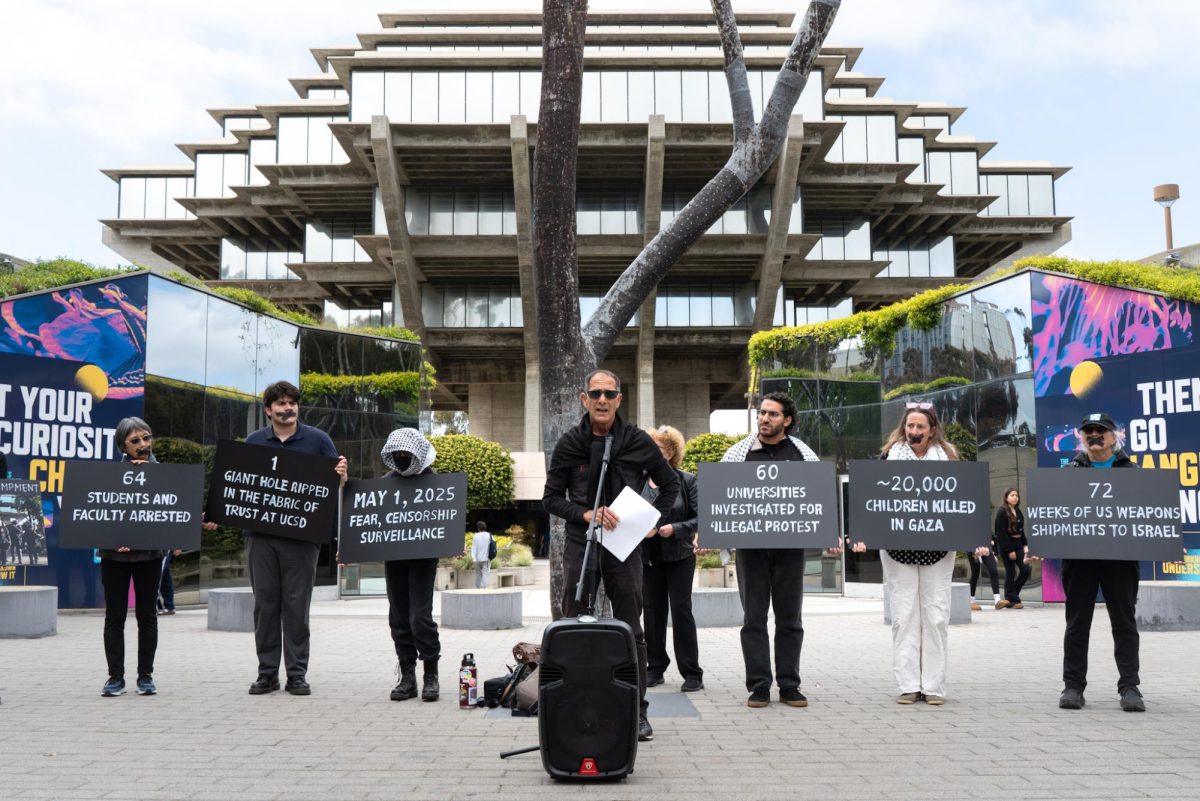Tonight, the 2011-12 A.S. Council settles into its first meeting, meaning that it’s been officially a year since last year’s crop hiked up to the Forum buoyed by goals of increasing parking, starting a football team and having more nooners — all promises that haven’t panned out.
Given this environment, it’s all the more admirable that, throughout failed referenda after failed referenda and another controversial divestment resolution, former Campuswide Senator Michael Raimondi has held so strongly to the Greek housing plan he conceived as an Eleanor Roosevelt College sophomore. He’s chaired meetings throughout the year, met with the Housing, Dining and Hospitality Department and, on his way out, has announced a timeline: plans finished by June 2012 and building to begin in 2017 — a lot sooner than most imagined for a project this large.
But while Raimondi’s tenacity is a trait councilmembers could use more of, the plan to build the housing at the on-campus East Regents lot may bring unwanted complications that will put a damper to the popularity of his plans.
Raimondi and the Greek Housing Initiative Committee’s Panhellenic Vice Chair Jillian Wolter said they chose the on-campus location because its proximity to the soon-to-be-operating light rail will make it easier for groups to coordinate events closer to campus. Location and proximity are important considerations, given carless underclassmen who may want to live at the row; but ultimately, this proposed plan comes with too many other burdens born from its on-campus status. Exorbitant parking prices and near nonexistent parking, expensive startup costs and an overpriced dining plan are just a few of the drawbacks an on-campus Greek row would carry with it.
The project would also be subject to on-campus alcohol policies — meaning potential residents would be paying ever-growing rent to party in fear when they could find a cheaper, non-RSO controlled house in University City. Of course, the housing may be attractive option for underclassmen who choose to live on campus anyway and bear the burdens anyway, but the timing of rush and finality of housing contracts means that most freshmen will miss out on this opportunity.
The projected $60 million necessary to create living quarters for Greeks is not worth the slew of problems that come with it. A Greek row that is subject to the campus alcohol policies and housing costs is hardly different from Greeks choosing to live together in the dorms (albeit on a grander scale).
Raimondi, Wolter and the rest of the Greek Housing Initiative Committee have already done a good job by taking the project this far and, wisely, working to ensure that the project’s funded by HDH, and not student fees. But they need to survey their potential residents more seriously, work at extensive outreach and receive definite agreements before proposing another structure on campus. Raimondi says that they’ve received confirmation from about 800 students expressing interest, but none of these will be around when the structure debuts; not to mention that, with on-campus rent sure to rise by then, that number may dwindle.
The committee should be commended for the research they’ve done thus far, but without concrete projections of student interest, it’s best to go big with off-campus living, or go home.







